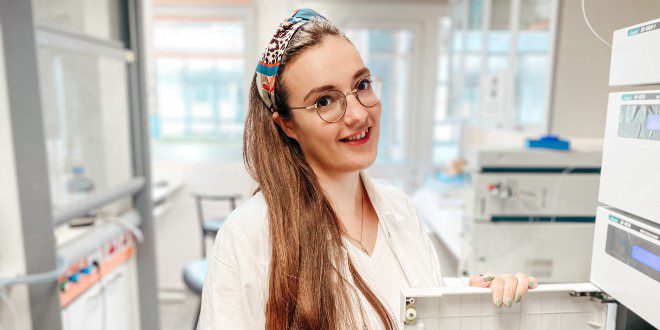Worldwide, at least 50 million people are believed to be living with Alzheimer’s disease (AD) or other dementias and this number is expected to nearly triple to 14 million people by 2060; as many as 5.8 million in the US alone are living with Alzheimer’s.
AD, the most common kind of dementia, is a progressive neurologic disorder that causes the brain to atrophy (shrink) and brain cells to die. Sadly, patients exhibit a continuous decline in thinking, behavioral and social skills that affects their ability to function independently.
It is thought to be caused by the abnormal build-up (plaques) of proteins, especially amyloids and tau, in and around brain cells. Among the symptoms are memory loss, poor judgment leading to bad decisions, a loss of spontaneity and a sense of initiative, taking longer to complete normal daily tasks, repeating questions, wandering and getting lost, losing things or misplacing them in off places and trouble handling money and paying bills.
The symptoms of Alzheimer’s disease worsen over time, although the rate at which the disease progresses varies. On average, a person with Alzheimer’s lives four to eight years after diagnosis, but can live as long as 20 years, depending on other factors. At this time, there is no cure for AD, but some medications – including one, Exelon, developed in Israel – can temporarily reduce the symptoms. Support is also available to help AD patients and their family to cope with everyday life.
Alzheimer’s is not a normal part of aging. The greatest known risk factor is increasing age, and the majority of people with AD are 65 and older, but there is a minority of people with early-onset AD.
Now, researchers at the Technion-Israel Institute of Technology in Haifa – working in collaboration with researchers from the French National Center for Scientific Research (CNRS) recently published findings about the development of an artificial molecule that may inhibit the development of AD.
The molecule breaks down the toxic chemical complex Cu–Aβ, thus inhibiting the cell death that is thought to be related to Alzheimer’s. The study was led by Prof. Galia Maayan and doctoral student Anastasia Behar from the Schulich Faculty of Chemistry, in collaboration with Prof. Christelle Hureau from the Laboratoire de Chimie de Coordination du CNRS in Toulouse, France.
The research team report their findings in the journal Angewandte Chemie under the title “A Water-Soluble Peptoid Chelator that Can Remove Cu 2+ from Amyloid-β Peptides and Stop the Formation of Reactive Oxygen Species Associated with Alzheimer’s Disease.”
Copper ions are a vital component of the structure and function of various cells in the body, but their accumulation can lead to cell toxicity, causing dangerous conditions such as oxidative stress, cardiovascular disorders and degenerative diseases of the brain, including AD.
One of the mechanisms involved in the development of this dementia is the formation of free radicals that damage the brain cells. These are oxidizing agents formed, among other things, by Cu–Aβ, a complex of copper and amyloid beta. It is already known that the breakdown of this complex and the removal of copper from the amyloid prevents cell death, followed by the inhibition of the disease. The extraction of the copper is done by chelation – using molecules that bind the copper ions and extract them from the amyloid.
But this is not a simple task, because the chelators must meet several critical chemical and kinetic conditions including stability and resistance to oxidation-reduction reactions. It is also important that the chelator does not bind zinc ions during the copper extraction process, as they are also essential for neuron function but do not cause toxicity when they are bound to the amyloid); if the chelator does not bind the zinc, it can continue to bind the copper ions, but if it binds zinc, copper binding will be inhibited.
The shortcode is missing a valid Donation Form ID attribute.




